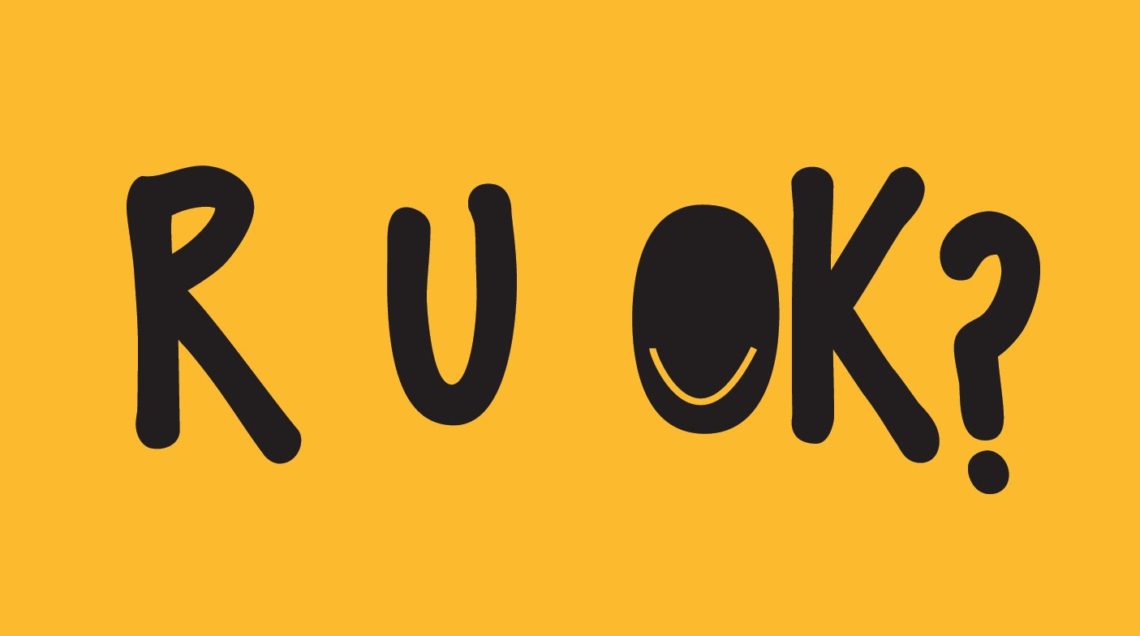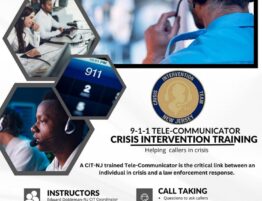
 It takes courage to ask simply and directly, ‘are you OK?’, if concerned about someone’s mental health.
It takes courage to ask simply and directly, ‘are you OK?’, if concerned about someone’s mental health.
What if they’re actually fine? Will they be offended? And what do you do if they aren’t OK?
These are common concerns people have when it comes to asking a friend, colleague or loved one ‘are you OK?’. So it’s tempting to frame the question in a way that encourages a positive response, ‘you’re OK, aren’t you?’
We often do this because we’re not sure how to respond if the answer is ‘no’. But that’s certainly not helping your friend, and it reinforces the reluctance or stigma we feel when talking about mental illness.
Five tips for responding to someone who is doing it tough
-
A simple, ‘I’m sorry to hear that’ is a good response. You might follow this up with, ‘would you like to talk about it?’ to open up the conversation if the time and situation is appropriate. If not, agree on a more suitable time to talk.
-
Sometimes it can help to mention any changes you’ve seen that have caused concern. For example, if someone seems more withdrawn than normal (which can be a symptom of depression) you could say ‘I’ve noticed that you’ve not wanted to come out much lately. Is there something worrying you?’
-
There is great comfort to be given by simply listening and caring. There are often too few opportunities in our busy lives for connections based on these simple kindnesses. Sometimes, too, people find it easier to talk when doing something like going for a walk, rather than sitting across a table from someone.
-
Focus on asking questions rather than trying to provide answers. Giving people a chance to share their experiences and voice their concerns without judgement is of great benefit. It helps people to feel less alone and more hopeful. Remember that responsibility for finding solutions does not lie with you. The best solutions are generally reached by the person themselves.
-
Check whether they are connected to professional support. If someone is thinking about suicide it’s especially important that they know that help is available. NJHOPE or COP2COP has telephone and online support 24 hours a day, or in an emergency call 9-1-1.
 Rather than an answer of ‘no’, it is possible for the person you care about to respond with a ‘yeah I’m okay’. If you’re not convinced, let them know that you are always available should they want to talk. It’s worth sending them an email or text a few hours later reiterating your support. By keeping the door open you will make it easier for them to connect and open up in the future.
Rather than an answer of ‘no’, it is possible for the person you care about to respond with a ‘yeah I’m okay’. If you’re not convinced, let them know that you are always available should they want to talk. It’s worth sending them an email or text a few hours later reiterating your support. By keeping the door open you will make it easier for them to connect and open up in the future.
Remember a conversation could change a life and the simple gesture of compassion can have a profound effect on someone who is going through tough times.








